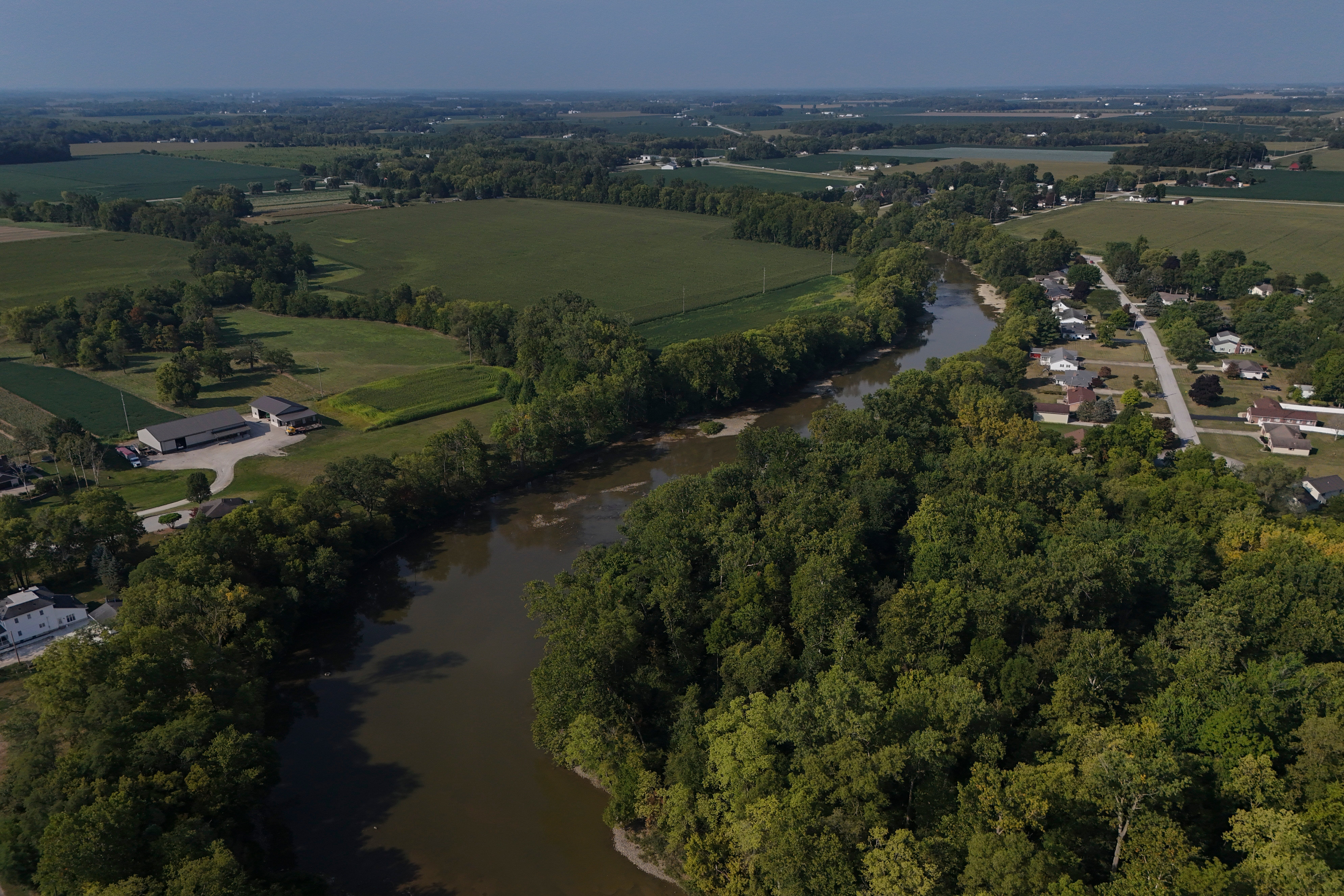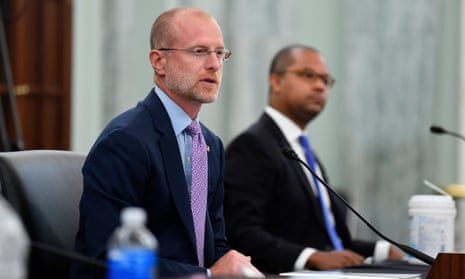Chemicals in sewage sludge fertilizer used on farms pose cancer risk, EPA says
Share:
Environmental Protection Agency officials warn of toxic PFAS found in sewage often spread on pasture. Harmful chemicals in sewage sludge spread on pasture as fertilizer pose a risk to people who regularly consume milk, beef and other products from those farms, in some cases raising cancer risk “several orders of magnitude” above what the Environmental Protection Agency considers acceptable, federal officials announced on Tuesday.
When cities and towns treat sewage, they separate the liquids from the solids and treat the liquid. The solids need to be disposed of and can make a nutrient-rich sludge often spread on farm fields. The agency now says those solids often contain toxic, lasting PFAS that treatment plants cannot effectively remove. When people eat or drink foods containing these “forever” chemicals, the compounds accumulate in the body and can cause kidney, prostate and testicular cancer. They harm the immune system and childhood development.
Most at risk are people who drink one quart of milk a day from dairy cows raised on pasture with the biosolids, eat one or two servings of fish a week from a lake contaminated by runoff, or drink PFAS-laden water, the draft risk assessment said. The EPA looked only at farmers and those living nearby who regularly consumed these products over years – not the broader general public. Organic farms are not allowed to use the sludge, so the findings should not apply to consumers who purchase organic grass-fed beef.






















